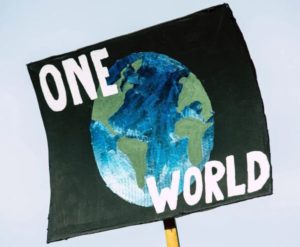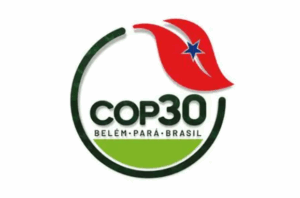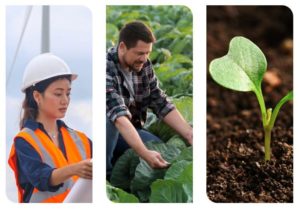COP30, the United Nations Climate Change Conference, is taking place in Belem, Brazil from 10 November until 21 November 2025.
UN Climate Change Conference – Belém, November 2025
Momentum Gathers Towards COP30 as Close to 100 Countries Signal New Climate Targets
The Countdown to COP 30: Why This Summit Is the Most Crucial in Years – The Sustainability Community
UN Climate Change Conference COP30 – Teaching Resources
The WildHearts Global Youth Summit – WildHearts Schools
Education Scotland Learning for Sustainability summary page
Weather and climate change
Learning for Sustainability – Resource Themes
Climate Action Live Lessons
Learning for Sustainability advice and guidance: Sustainable development education
COP30 Teaching Resources (twinkl.co.uk)
ECO2 COP30 Resources (Ages 9 – 11+)
Climate Ambassadors
STEM Learning has created a new subset of STEM Ambassadors called Climate Ambassadors. Employers and organisations can choose to be connected to Climate Ambassadors and filter requests of this type.
Join Free Online Course ‘Live at COP30’
 How should we take positive action towards a sustainable future? The University of Edinburgh, Learning for Sustainability Scotland, and the British Council, have created a free, short, facilitated online course ideal for anyone interested in sustainability and of particular interest to educators.
How should we take positive action towards a sustainable future? The University of Edinburgh, Learning for Sustainability Scotland, and the British Council, have created a free, short, facilitated online course ideal for anyone interested in sustainability and of particular interest to educators.
- Learning for a Sustainable Future: Live at COP30 (starting 10 November)
FREE ‘Learning for Sustainable Futures: Live at the COP’ MOOC (Massive Open Online Course) will return in November 2025 as COP30 gets underway in Belém, Brazil.Since its first iteration in 2021 for COP26, over 20,000 people from over 170 countries have taken part in this collaborative, facilitated learning opportunity.About the course
This course offers you an opportunity to examine what the COP process is, why it’s considered to be important, and reflect on how you can add your voice to the call for collective action for a sustainable future.
Throughout the course, you can get ‘live’ insights into the issues being discussed at COP30, as well as responses to the conference themes from children and young people, community groups and ministerial bodies, both nationally and internationally. Using these ‘starting points’, reflect on what you have heard, watched and read, and think about what these conversations and issues mean to you.
Course content from ‘Learning for Sustainable Futures: Live at COP30’ will remain open, free and accessible as a legacy resource for school, community and individual use beyond the Conference.


